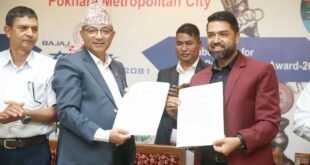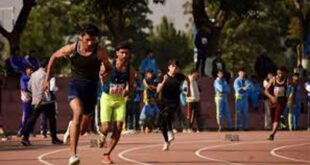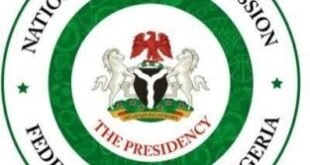The Struggle for Recognition: Deaf Sports in Uganda Faces a Crisis
Deaf sports in Uganda are at a critical crossroads. The Uganda Deaf Federation (UDSF), which represents athletes with hearing impairments, is facing the possibility of losing its official recognition from the National Council of Sports (NCS). This could have far-reaching consequences for deaf athletes and the future of their sport in the country.
A History of Achievement
Athletes like Jennifer Nyakato exemplify the potential of deaf sports. A 2019 African gold medallist and a 2021 world silver medallist, Nyakato’s success highlights the talent and dedication that exists within the deaf community. Her achievements are not just personal milestones but also proof of what can be accomplished when opportunities are provided.
However, despite these accomplishments, the UDSF is now in a precarious position. The federation missed the registration deadline set by the sports minister under the National Sports Act 2023. This failure has put its certificate at risk of revocation, which would mean losing its status as an officially recognized sports organization.
Challenges of Compliance
The NCS requires all national sports federations to meet strict deadlines and criteria for registration. Out of 51 recognized federations, 45 met the June 20 deadline. The remaining six, including the UDSF, failed to comply.
The requirements include having a presence in at least 75% of Uganda’s 109 districts, paying a registration fee of Shs1m, and a certificate fee of Shs2m. Additionally, federations must provide proof of an annual general assembly with delegates from at least 50% of the districts.
For the UDSF, meeting these conditions has been particularly difficult. Julius Campbell Mutagubya, vice president of the UDSF, explained that the process was “too much and tricky” for many federations, especially those with limited funding. The UDSF receives only Shs10m annually from the government, making it challenging to cover the costs associated with registration.
Financial Constraints and Limited Resources
Mutagubya emphasized that the UDSF’s financial situation makes it hard to meet the new requirements. “We are more vulnerable financially and it’s not easy for us to get resources on short notice,” he said. Despite this, he remains hopeful that, given equal opportunities, the UDSF can perform as well as other federations.
The loss of the NCS certificate would be devastating for the deaf sports community. It would not only affect the federation’s ability to operate but also impact the athletes who rely on its support. “We don’t wish that to happen to us because we struggled to get that certificate and it took us years,” Mutagubya said. “We were happy to be fully recognized by NCS because it gave us hope for the future of deaf sports.”
Calls for Understanding and Support
Despite the challenges, the UDSF is not giving up. Mutagubya assured that the federation is working to meet the registration requirements. “We are trying to see that we meet the registration requirements,” he said. “We appeal to NCS to understand the challenges and struggles we face as a deaf sports federation. We are trying our level best, we beg not to be left behind.”
The UDSF’s plea highlights the broader issue of support for marginalized communities in sports. Without proper recognition and funding, deaf athletes may continue to face barriers that prevent them from reaching their full potential.
Registration Requirements Overview
Here are some of the key financial and procedural requirements for registration:
- Application for registration: Shs1m
- Certificate of registration: Shs2m
- Application for annual renewal of Certificate: Shs1m
- Certificate of annual registration renewal: Shs1m
These fees and requirements underscore the financial burden placed on smaller or underfunded organizations like the UDSF. For a federation that operates on a tight budget, meeting these demands is no small task.
As the situation unfolds, the fate of the UDSF and its athletes hangs in the balance. Their story is not just about sports—it is about inclusion, opportunity, and the fight for recognition in a system that often overlooks the needs of the most vulnerable.
 Info Malang Raya Its All About World News
Info Malang Raya Its All About World News



